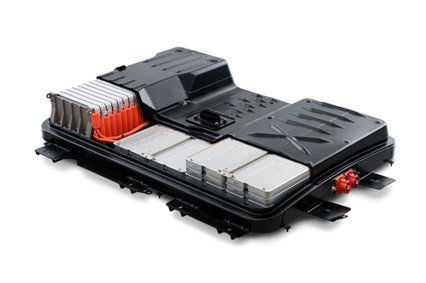Recycling is just one option
In September 2010, Nissan announced a partnership with Sumitomo Corporation. This partnership created a company called 4R Energy Corporation – 4R stands for Reuse, Refabricate, Resell and Recycle. 4R is taking the next step in its development by partnering with ABB, a global power technology company. One goal of ABB is to improve grid power performance while lowering environmental impact.
The purpose of this partnership is to evaluate residential and commercial applications using the reclaimed battery packs no longer in service in electric cars, such as the LEAF. This particular storage system application would use a LEAF battery storage prototype with a 50 kilowatt hour capacity. This would be enough power to provide 15 average homes with electricity for two hours. As importantly, the storage system could even out electric grid performance as it feeds electricity into the grid during peak demand, along with providing back-up power during outages. Think of the impact that this system could have on your local utility, by reducing expensive additional power generation needs.
For instance, San Diego Gas & Electric has published a Smart Grid Deployment Plan. One of the first things called for in this plan is the creation of a “self-healing and resilient grid”. Among other items, the plan calls for “the application of new technologies to manage customer load”. It sounds to us as if the use of second-life electric vehicle (EV) batteries might be at least a part of this solution.
While a diminished battery pack capacity may not provide enough range for a vehicle, stacked with other packs, it could serve as a useful adjunct to the grid in what could be an essential second life capacity. The agreement with ABB will allow the development and analysis of the commercial viability of such a solution.


Pingback: Nissan LEAF battery update — Living LEAF